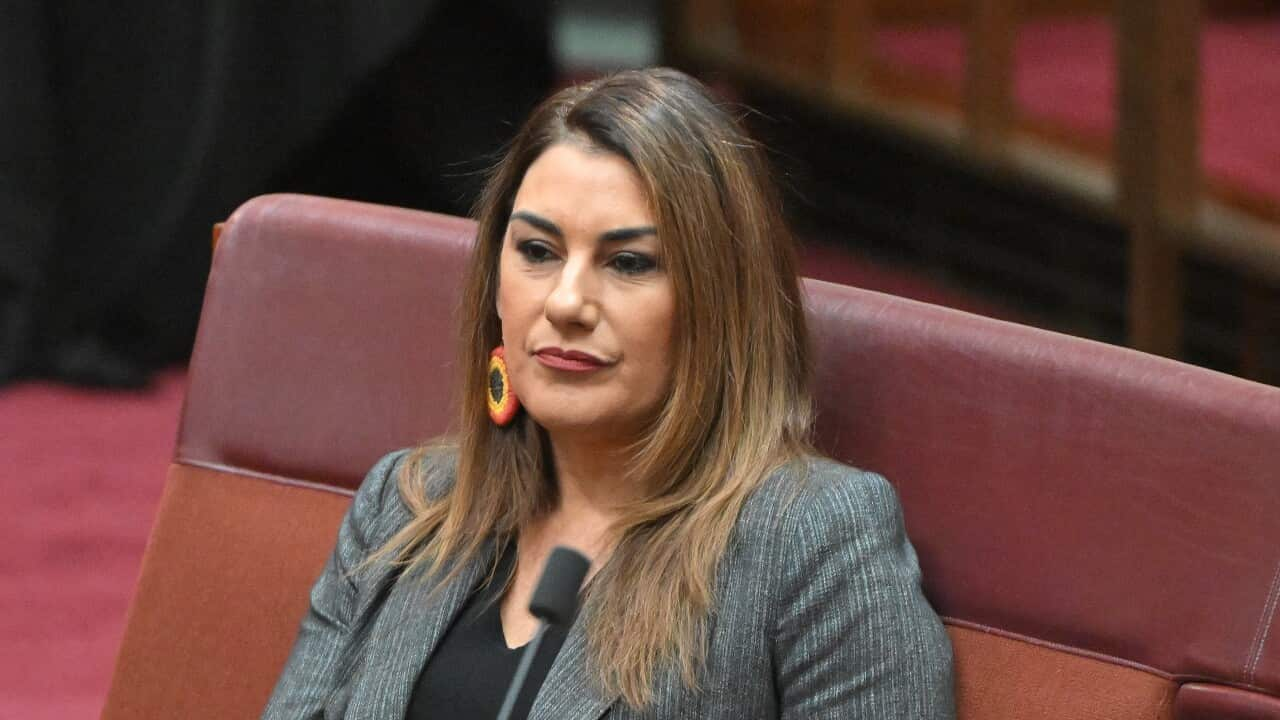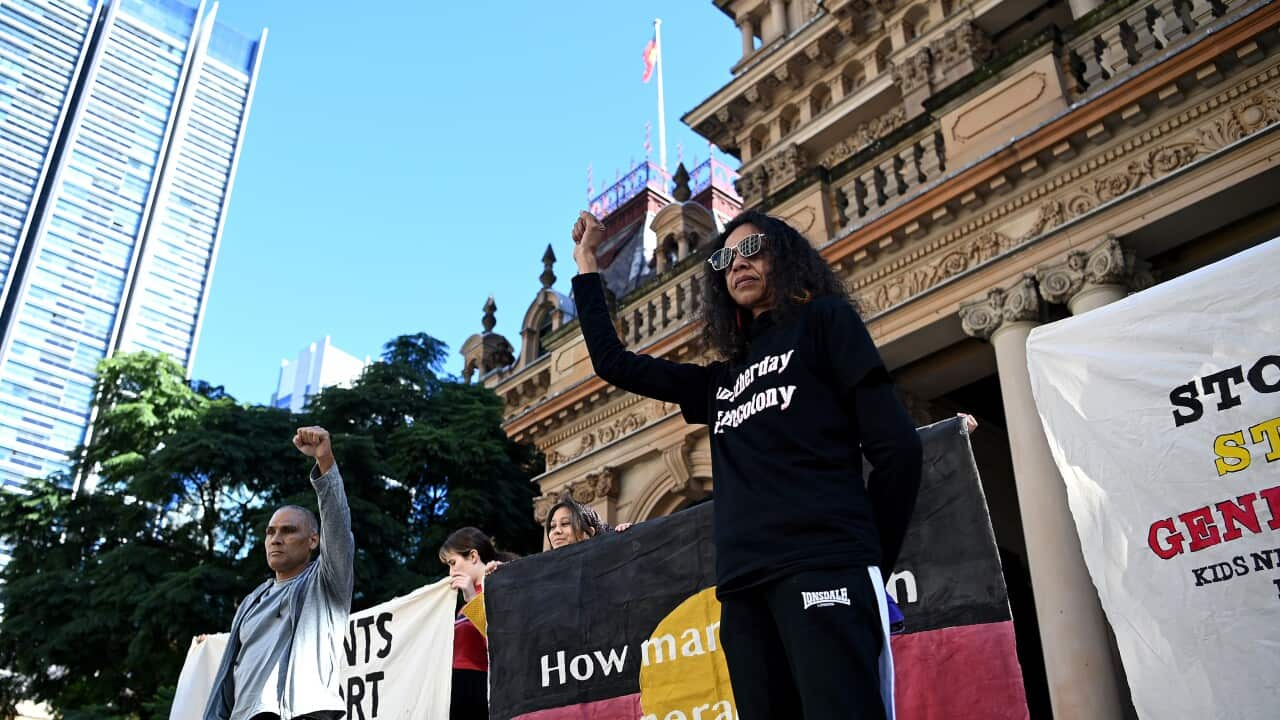Independent senator Lidia Thorpe has said her allegations of sexual assault were only taken seriously after 'a white woman' also made similar accusations.
Ms Thorpe made allegations against Liberal Senator David Van on Wednesday while the Victorian member was making statements to the house on respect at work.
Opposition Leader Peter Dutton removed Van from the party room on Thursday after former senator Amanda Stoker came forward alleging that Van had pinched her bottom twice at a function in 2020.
Ms Thorpe said systemic racism led to her own allegations not being taken seriously.
"It's been horrible," said Thorpe.
"I became the perpetrator ... I became the subject of a media pile on that day, and it wasn't until a white woman stood up and said 'Yeah this happened to me too' that the media took notice.
"I think that is a great example of the media landscape in this country, and that is systemic racism.
"I was not believed, I was questioned. I was demonsied by every body. And you wonder why women don't speak out."
Senator will vote against Voice legislation
she will not support the referendum legislation currently before the upper house, accusing the Albanese government of failing to address her concerns on the ceding of Indigenous sovereignty.
Ms Thorpe, who resigned from the Greens in order to lead the Blak Sovereign Movement, said neither the prime minister nor the minister for Indigenous affairs had met with her regarding fears that the proposed constitutional change would affect Aboriginal sovereignty.
Speaking to the ABC, the Gunnai Gunditjmara woman said the rebuffs had led to a 'hardening' of her position.
"They have not allowed for that meeting to happen. In fact it took months for them [to decide] that they didn't want to meet with important people who have been on the frontline for decades," she said.
"These are highly esteemed Elders ... I think it's a real insult to the sovereign movement."
Thorpe's position on the Voice has been an open question for months. While withholding support for the yes campaign, stating her preference for treaties with Aboriginal and Torres Strait Islander peoples, the senator has also been wary of aligning herself with elements of the No campaign.
Despite several constitutional experts declaring that the government's proposed wording for the Voice would not affect Indigenous sovereignty, Ms Thorpe says her concerns have not been met.
"At this stage I'll be voting no on the bill that is before us, given that the government have not come forward with proff on what their interpretation of sovereignty is," she said.
"I know that for months now they have continued to say that this does not affect [sovereignty] however they've never provided any evidence."
Ms Thorpe said she would be motioning for an amendment to the bill to explicitly acknowledge the sovereignty of Aboriginal nations.




